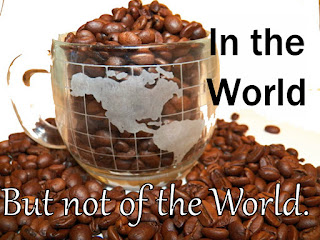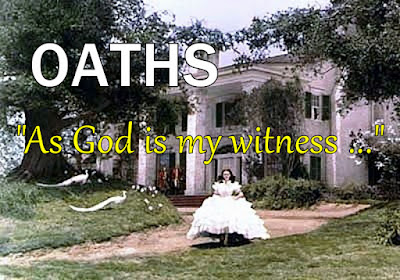WHAT IS GOOD? DO NO HARM

Galatians 5:13-23
Micah 6:8Common English Bible
He has told you, human one, what is good and what the Lord requires from you: to do justice, embrace faithful love [mercy, kindness], and walk humbly with your God.
In the latter half of 1739, a number of people, convicted of their sin and need for redemption, came to John Wesley seeking his time, teaching and counsel. This was the beginning of the Methodist movement in England and the general rules of the Methodist Societies: do no harm, do good, and attend upon the ordinances of God.
In responding to the question, "What is good?", we begin a short series about the general rules of United Methodism with "do no harm," a simple rule that focuses doing nothing that harms ourselves and others nor dishonors God and the sacrifice Christ made for us.
I believe that everything we do or say has an impact on those around us and on the world in general. It's like dropping a pebble in a pond of water. The effect of that action sends out a ripple pattern that will spread across the surface of the water. The affect of our decisions, words and deeds, for good or for harm, depends on what or who is in our hearts.
In Galatians 5, Paul addresses a conflict in the churches of Galatia that literally has people at each other's throats. From what Paul writes, I don't think that the issue people are battling over is as important as what is at the root of their behavior. Paul makes that very clear. It's the battle between the flesh (self) and Spirit (God's law of loves expressed through the life, death and resurrection of Jesus Christ).
We get the impression that there are Christians in the Galatian churches that have made the intellectual connection with Christ, but not a heart connection. In other words, what they think they believe wasn't being expressed in their actions, and when Christ isn't in our hearts, harm can happen to ourselves and to others as well as dishonors the love and sacrifice of Christ.
When we act in the flesh, selfishness, self-gratification and conceit rule us. It can get us into all sorts of trouble, but it is in our treatment of others that is the most destructive. In elevating self, we dehumanize others. We fail to recognize the image of God in others and how precious each of them is to Christ. We indulge in behaviors that harm relationships rather than strengthen and heal them.
But when Christ is in our hearts and ruler of our lives, the transforming grace of love through the work of the Holy Spirit, develops behaviors in us that no one can argue are wrong: love, joy, peace, patience, kindness, goodness, faithfulness, gentleness and self control. (Galatians 5:22-23) When we are living out these virtues in our lives, we can do no harm.
Do no harm. That sounds like such a simple rule to live our lives by, but it isn't as easy or as simple as it sounds. The late Bishop Reuben Job wrote:
"To do no harm means that I will be on guard so that all my actions and even my silence will not add injury to another of God's children o to any part of God's creation. As John Wesley and those in the early Methodist movement before me, I too will determine every day that my life will always be invested in the effort to bring healing instead of hurt, wholeness instead of division; harmony with the ways of Jesus rather than with the ways of the world." (Three Simple Rules, p. 31)
To do no harm is to live out intentionally in our lives the unconditional, self-giving , self-sacrificing love of Christ and requires discipline. That's not an easy task. It means stopping to think before we act or speak; becoming aware of the consequences of our behavior; giving control of our lives not to what we want to self-gratification but rather to what Christ wants for the good of others and God's creation.
As the season of Lent points us to the cross, we realize that "do no harm" is part of living the way of the cross. And here's the good news. When we take up our own crosses and the discipline of doing no harm, we aren't alone. We are supported and aided through the love of Christ who is always with us.
Through our relationship with Christ, we are formed and transformed as we grow in love for God and for others and become more like Jesus. "Doing no harm" is part of the good that God requires of us, and it's blessing for us and the world is that it brings justice, kindness, mercy and healing to all it touches.



Comments
Post a Comment